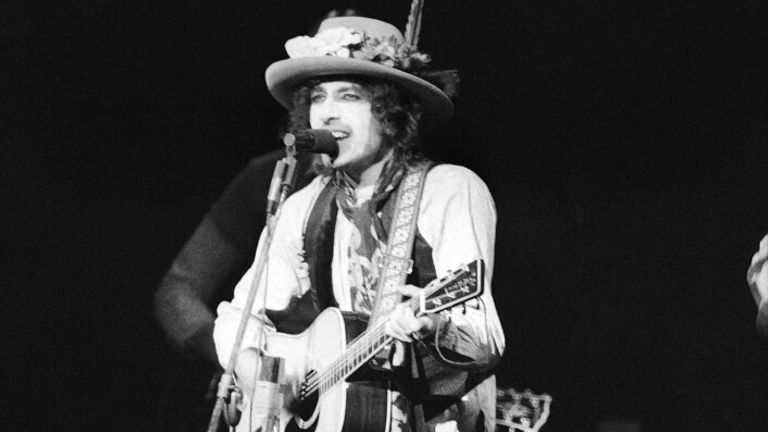The man convicted of murder alongside boxer Rubin “Hurricane” Carter, who inspired a Bob Dylan song and Denzel Washington film, has died aged 75.
John Artis died of a gastric aneurysm at home in Hampton, Virginia, his friend Fred Hogan, who helped overturn his conviction, said.
Mr Artis and Carter were convicted of killing three white men in a bar in Paterson, New Jersey, in 1966.
The witnesses in the case said the men responsible were black.
They were found guilty by an all-white jury and sentenced to three life terms.
While they were in prison, singer Bob Dylan read about Carter’s plight in his autobiography and arranged to meet him.
It then inspired his 1975 song Hurricane.
A film, also called Hurricane, was made about the two men and released in 1999, in which Denzel Washington played Carter and Garland Whitt, also known for his role in Save the Last Dance, played Mr Artis.
As the years went by, several appeals were made to get the men out of prison, including pleas by Muhammad Ali and other celebrities.
Mr Artis was granted parole in 1981 and four years later, US District Judge H Lee Sarokin overturned the convictions.
He claimed they had been “predicated upon an appeal to racism rather than reason, and concealment rather than disclosure”.
Subscribe to the Backstage podcast on Apple Podcasts, Google Podcasts, Spotify, Spreaker
Mr Hogan said Mr Artis was the “forgotten man” in the case, which consistently focused on Carter – a celebrity and former sports star.
He said Carter regarded Mr Artis as his hero, because he repeatedly turned down plea deals that would reduce his sentence if he promised to implicate Carter.
The pair remained friends until Carter’s death in 2014.
“John was promised a lot of things that would have helped himself avoid prison if he would say that Rubin was involved in the crime,” Mr Hogan said.
“John said, ‘I’m not lying. We didn’t do it, we weren’t there, and I’m not going to get involved in any of that’.”
Mr Artis used his years after prison to counsel inmates at a local jail and work on wrongful conviction cases in the US and Canada, according to the New York Times.
Mr Hogan said his friend managed to put his incarceration behind him and was well known for the catchphrase “cool beans”.

